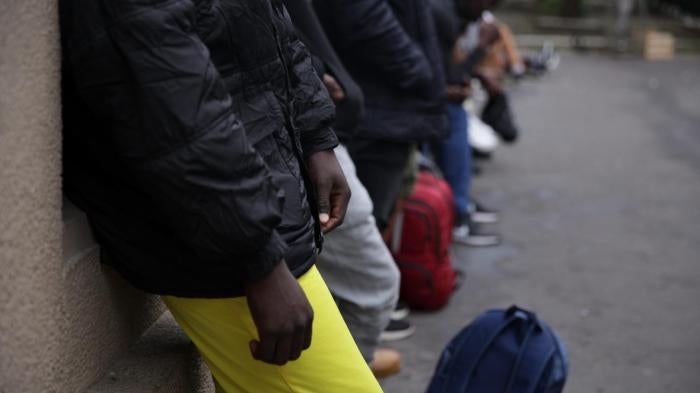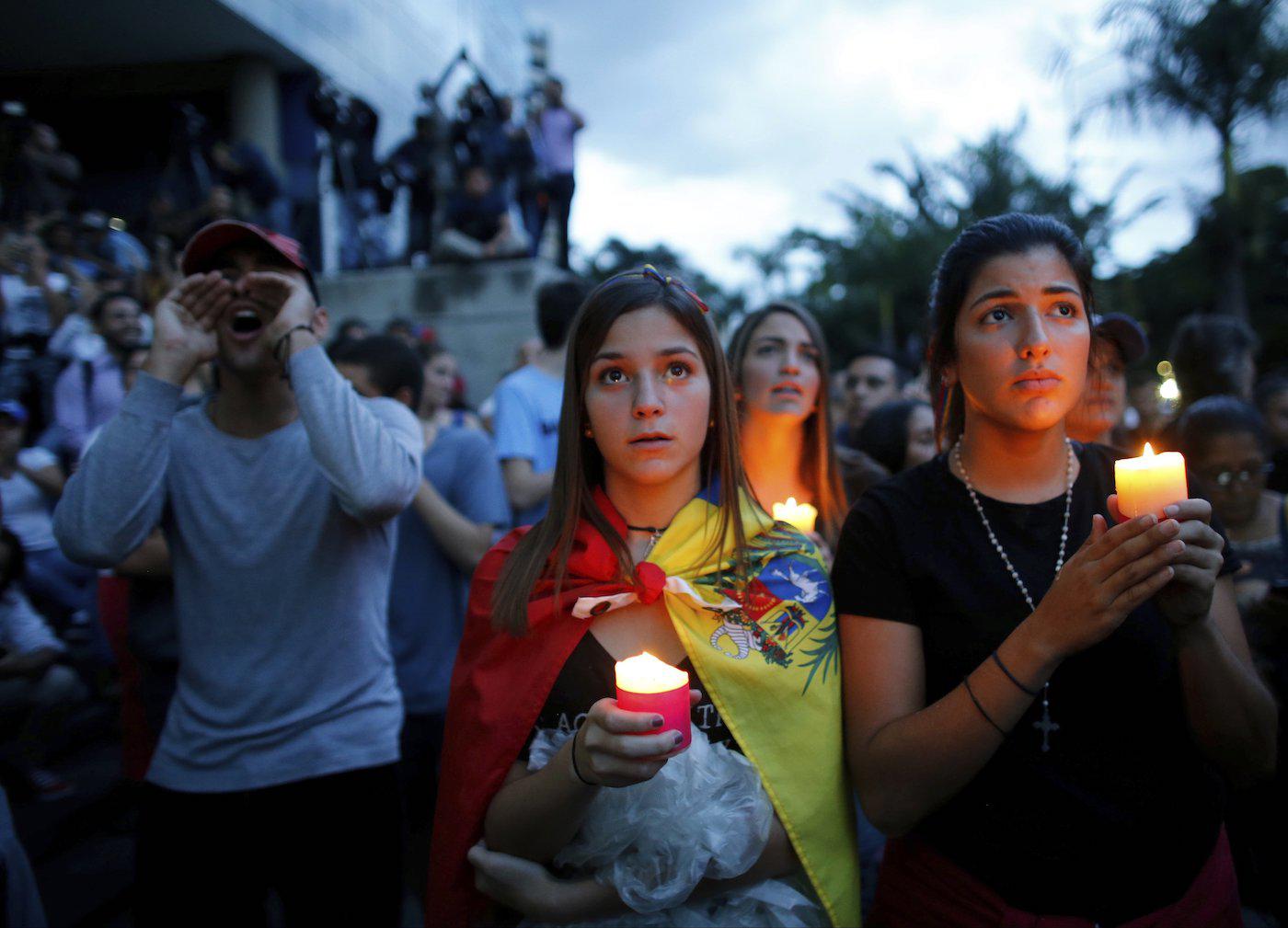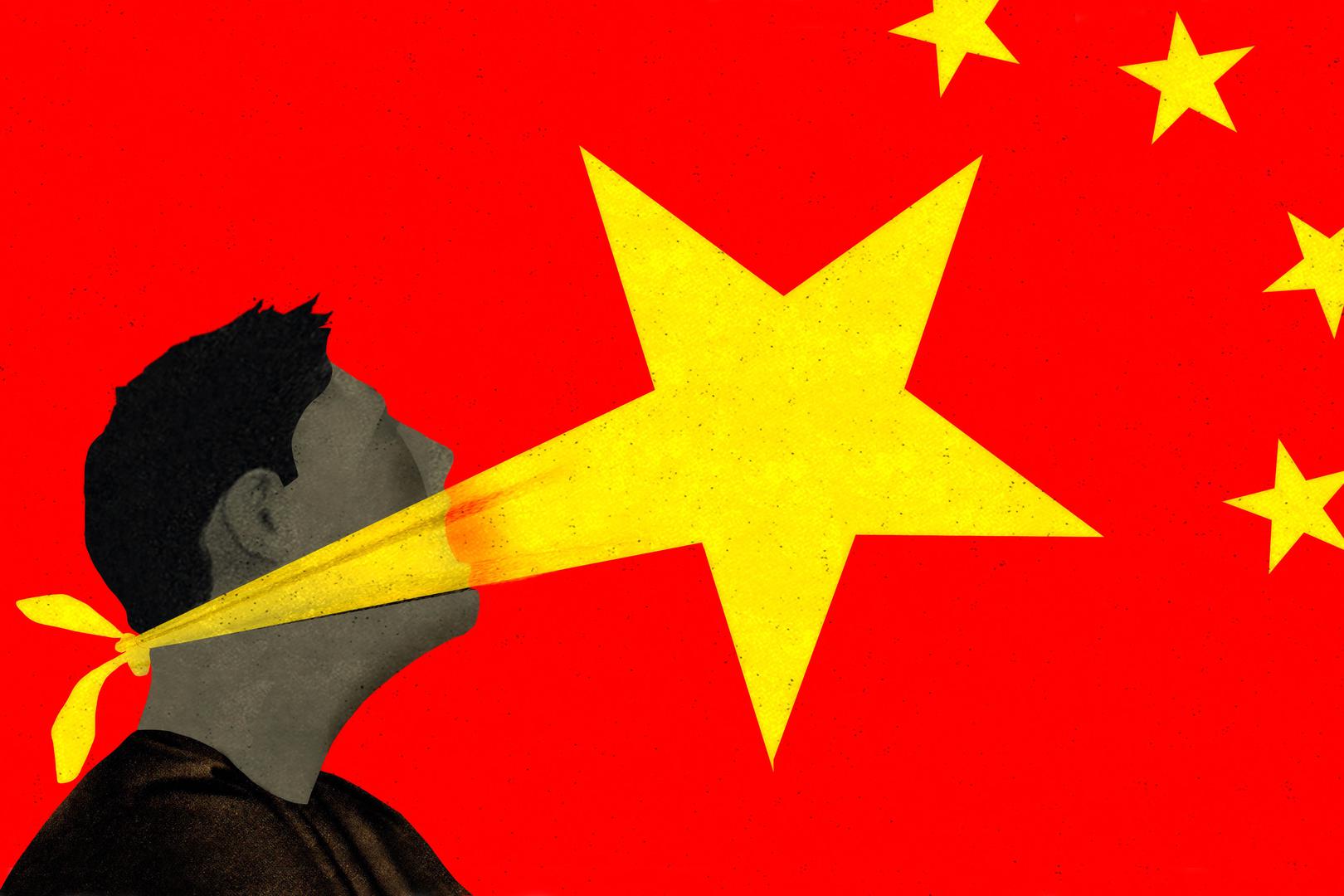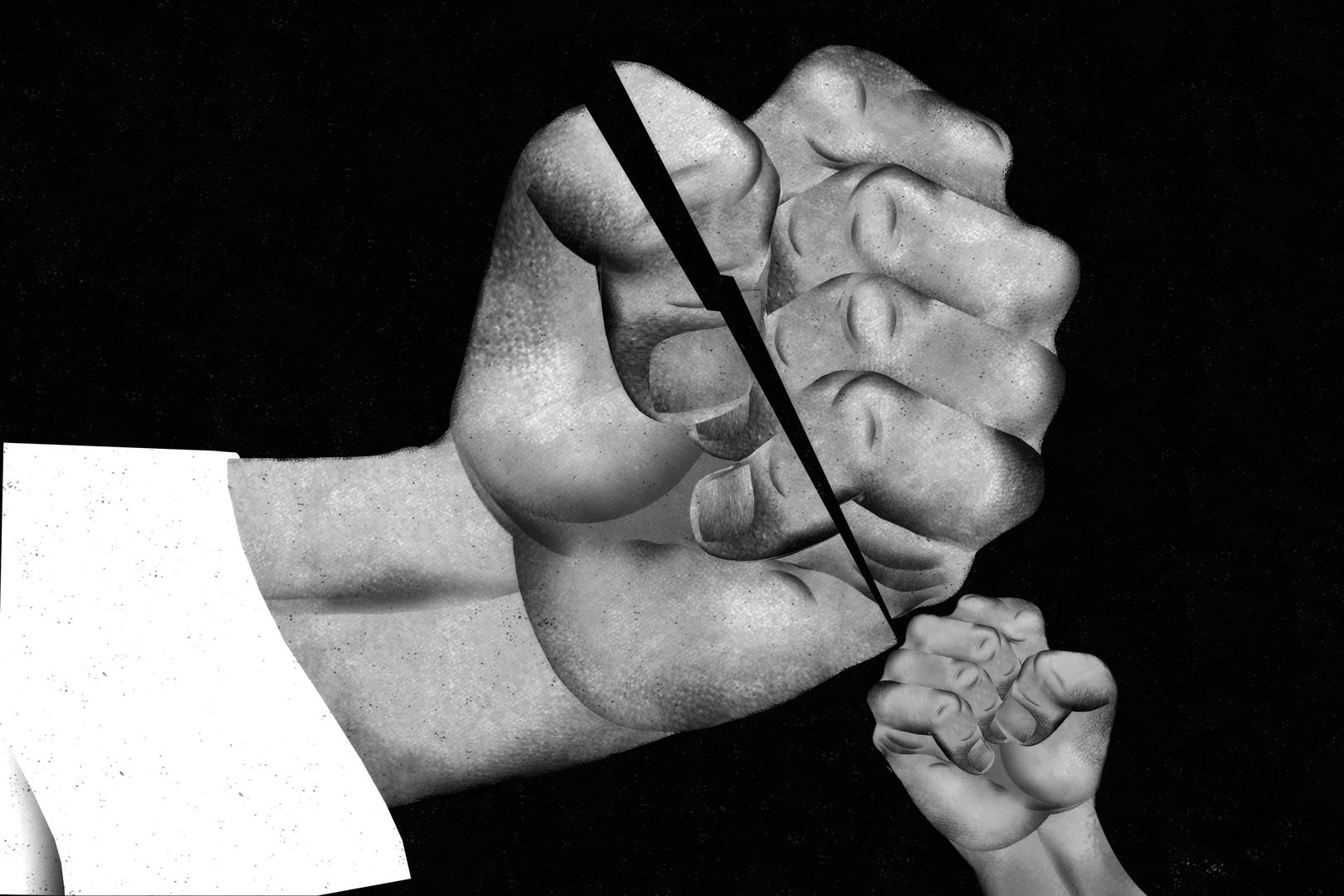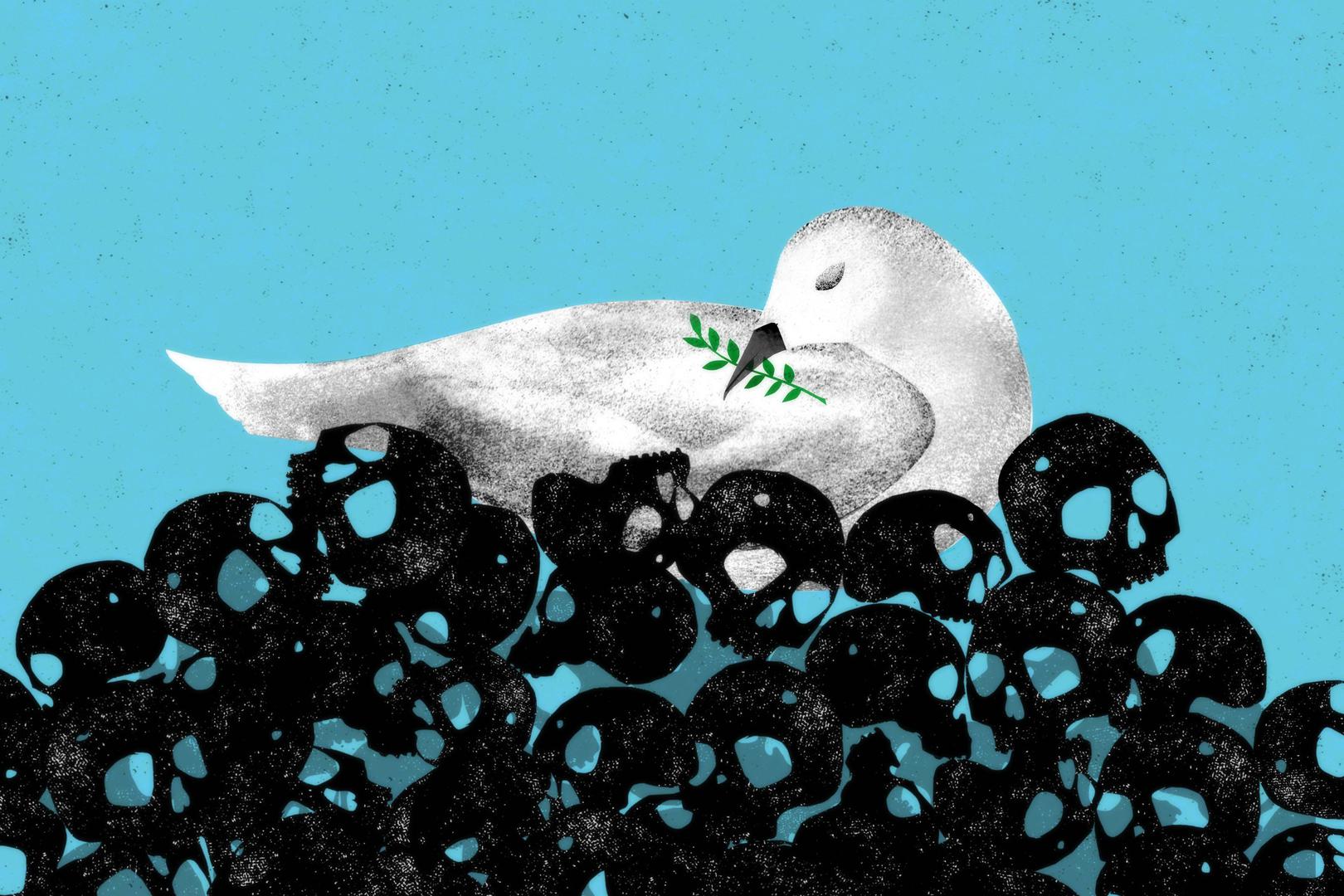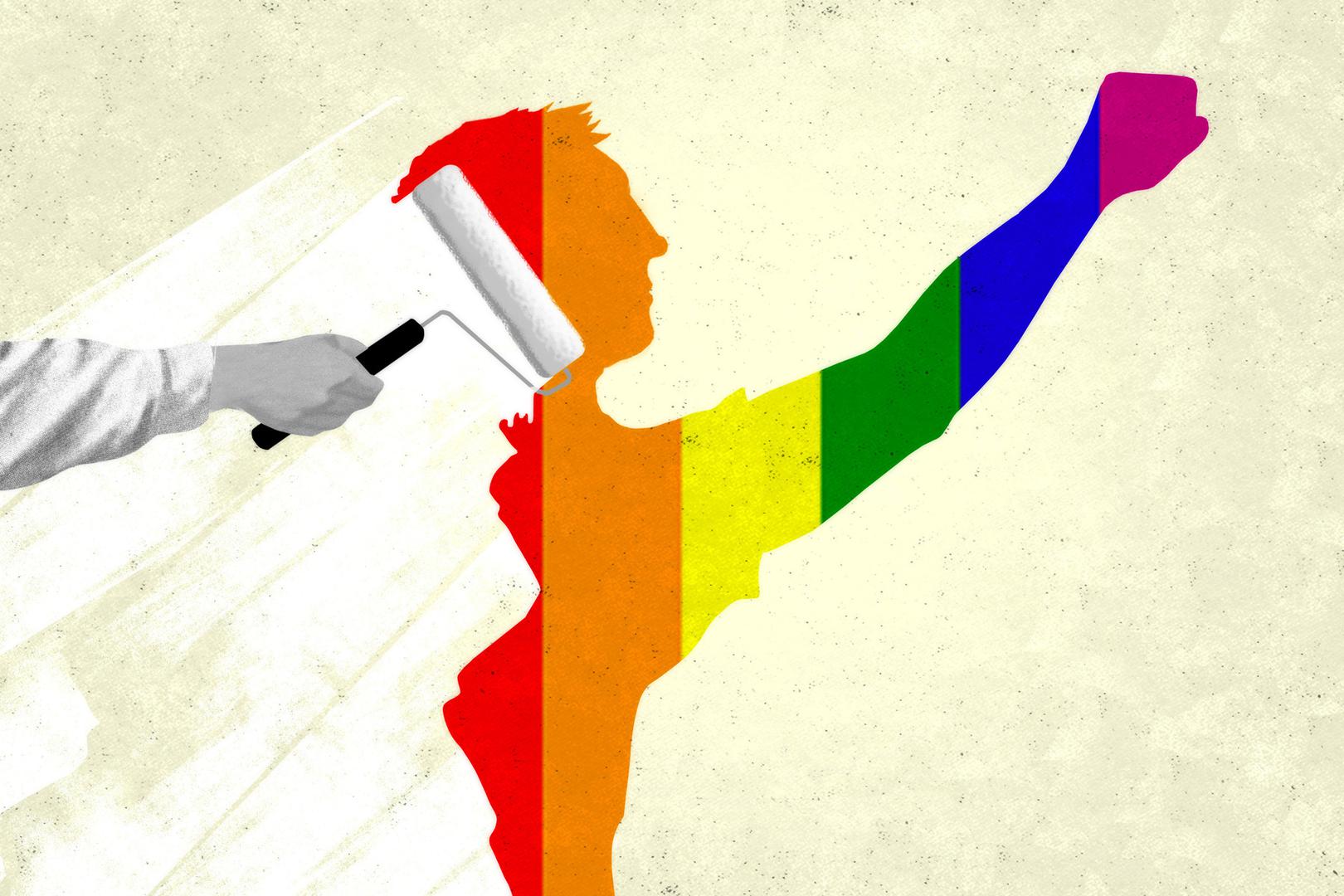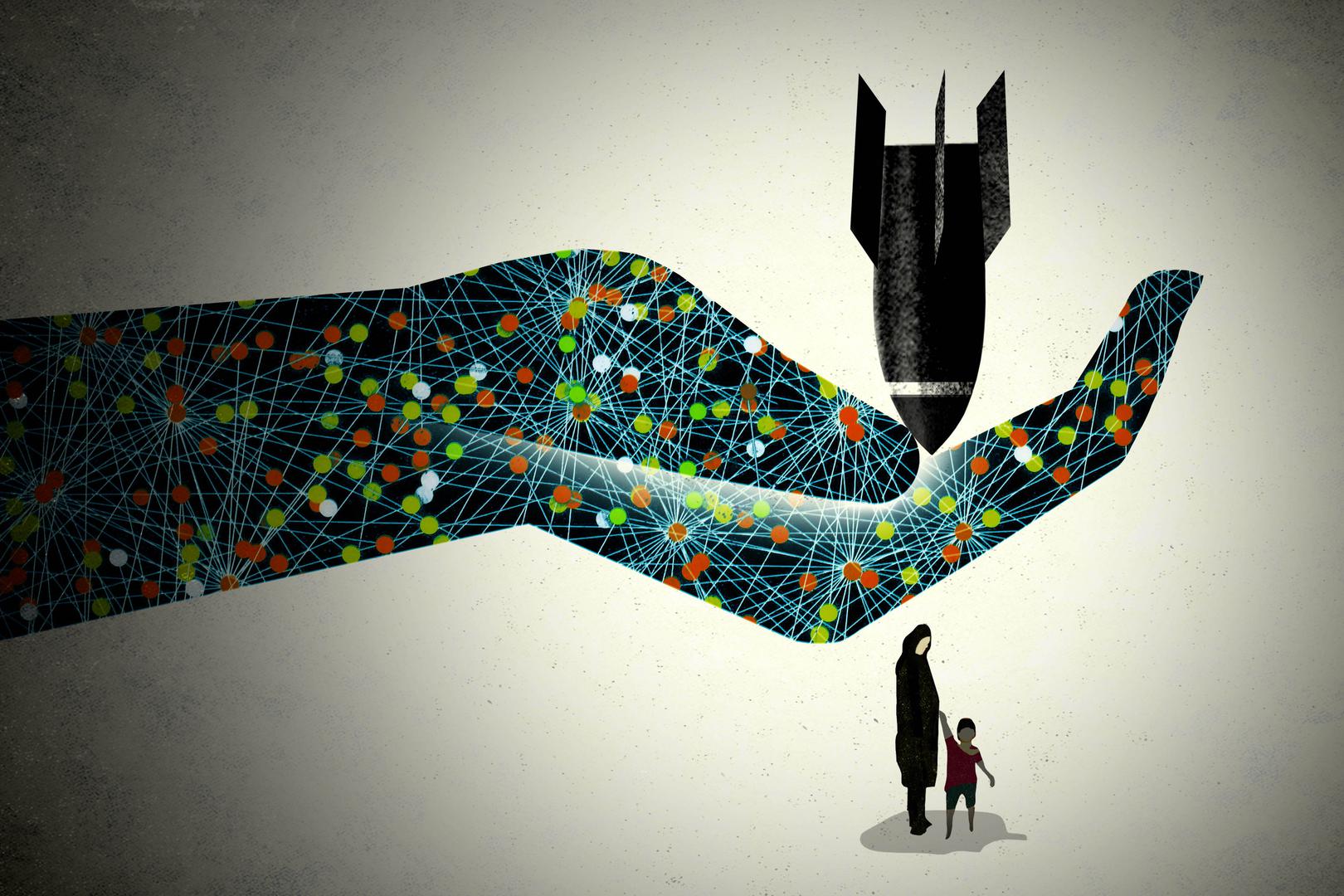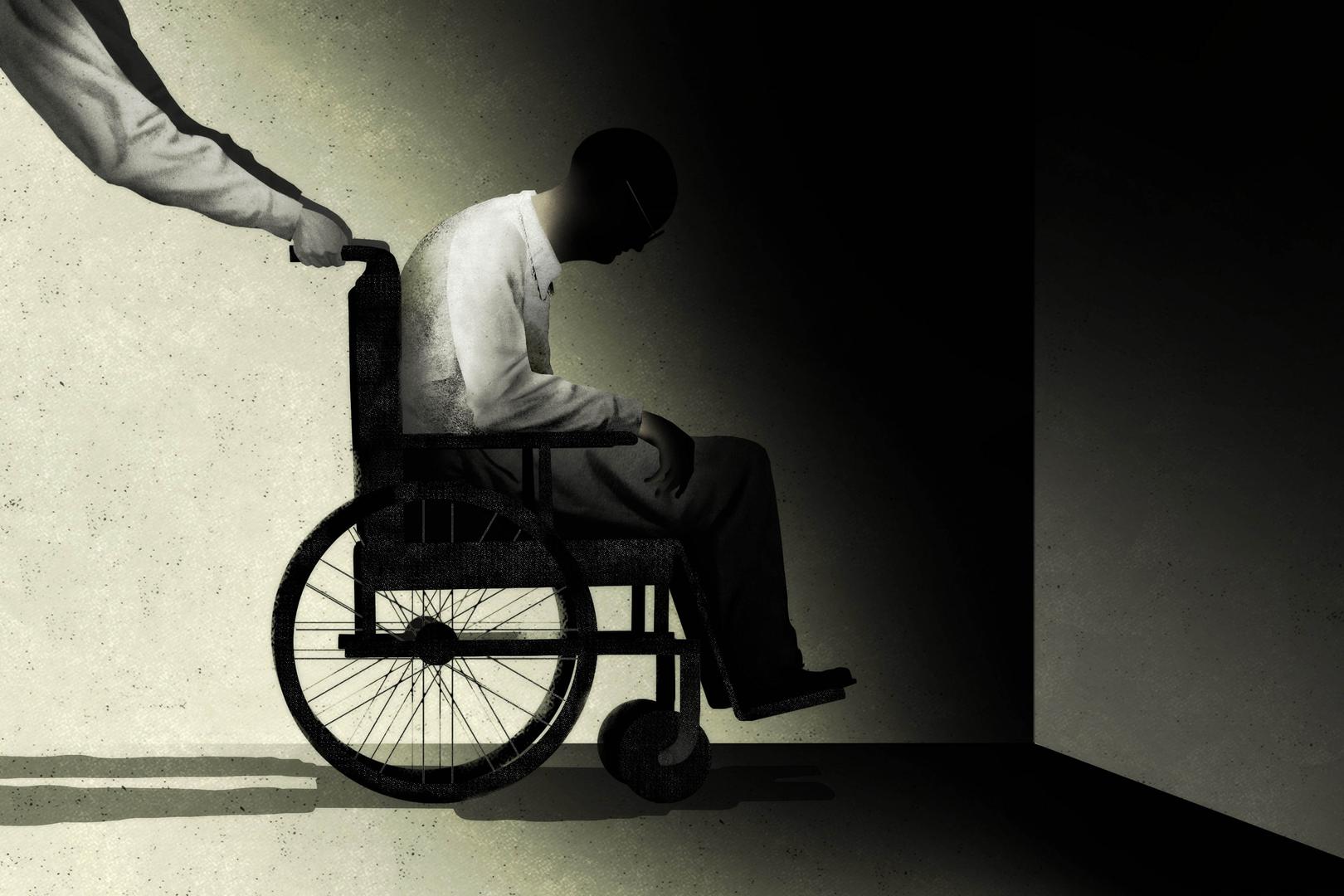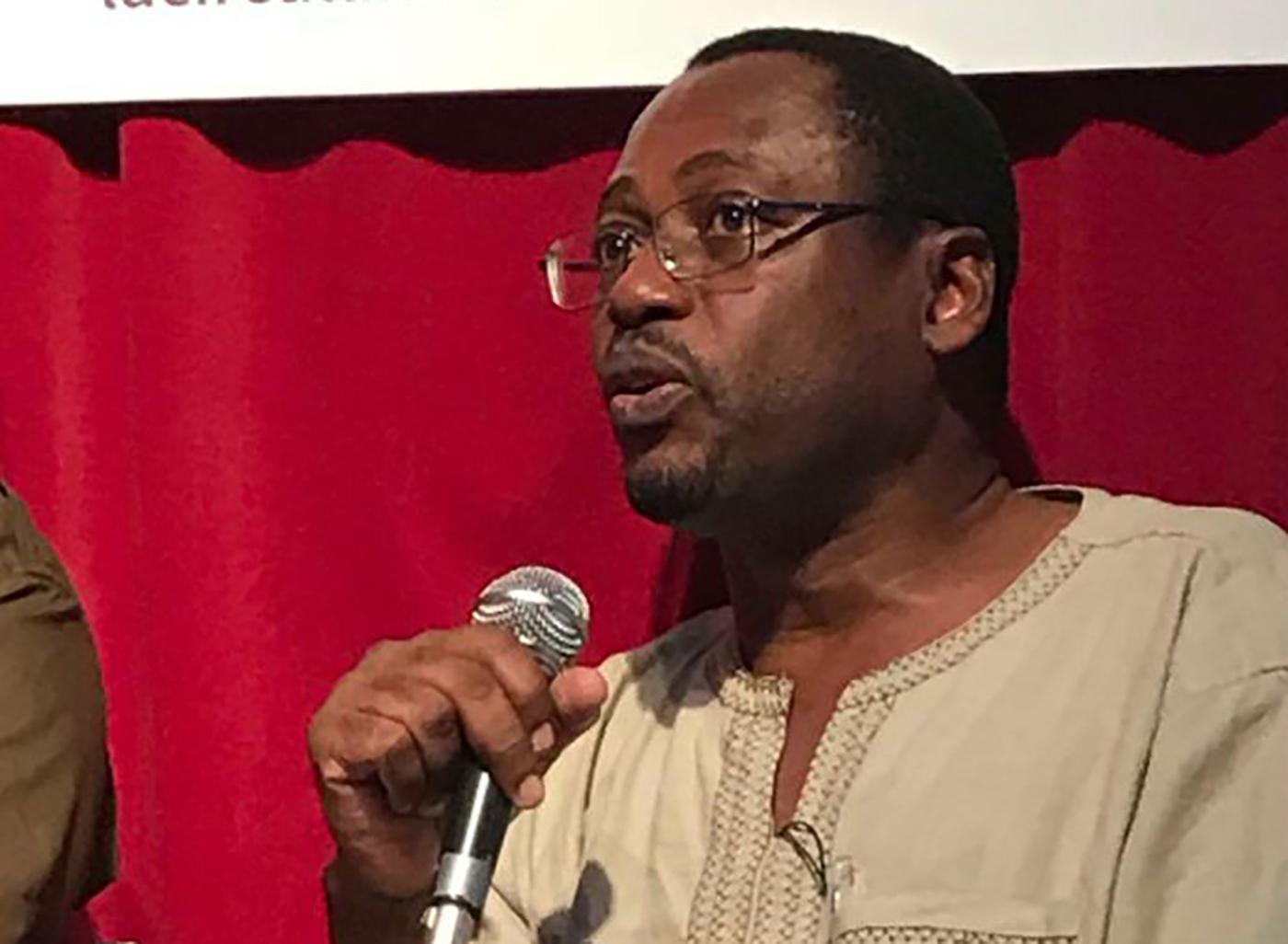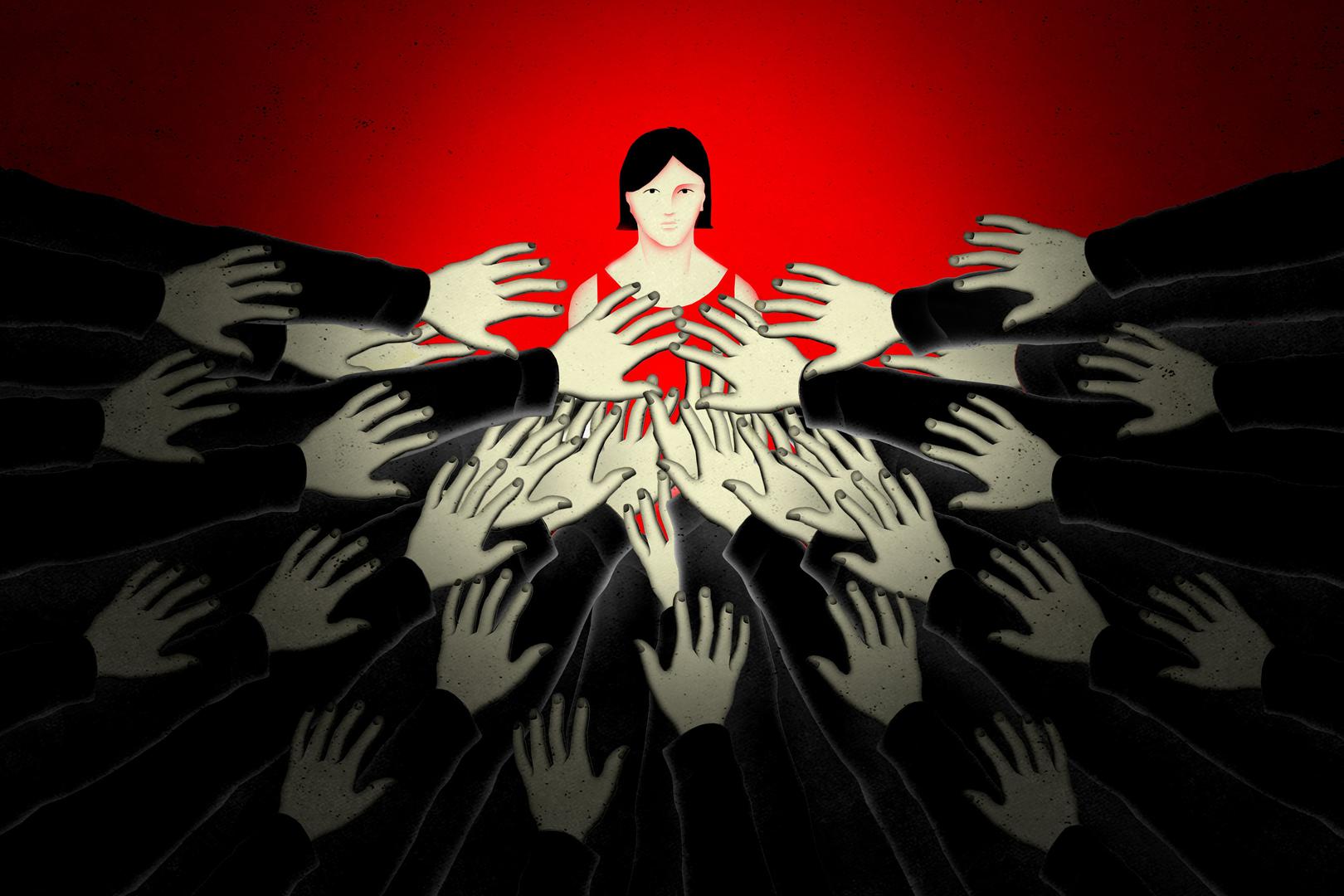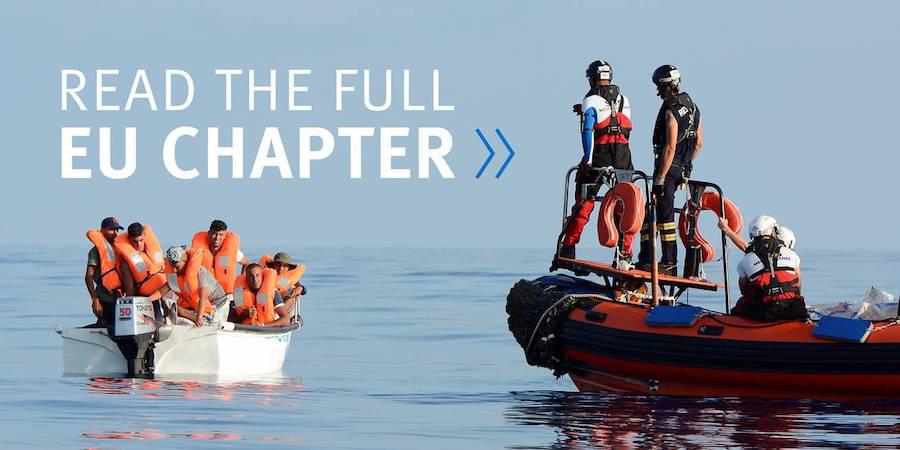In August, France adopted a flawed asylum and immigration law. The French Ombudsman, the Council of Europe Commissioner for Human Rights, the UN High Commissioner for Refugees and NGOs criticized the law for undermining access to asylum, including by weakening appeal rights and safeguards for those subject to accelerated asylum procedures. The law failed to ban detention of migrant children, despite six European Court of Human Rights rulings that such detention by France violated their rights.
In April and May, the French ombudsman warned of the dire living conditions of migrants and asylum seekers in the camp of La Villette, in Paris, and in Grande-Synthe in northern France, and called for the camps’ dismantlement only if sustainable solutions respectful of fundamental rights are implemented. Authorities cleared the camps in late May and early September respectively. Living conditions for migrants and asylum seekers in the Calais area remain squalid and harassment of aid workers there by police continued.
Child protection authorities in Paris continued to use flawed age assessment procedures for unaccompanied migrant children, excluding many from care they need and are entitled to, leaving hundreds homeless.
In July, the Constitutional Council ruled that solidarity was among the highest values of the French republic and that assisting undocumented migrants should not therefore be criminalized “when these acts are carried out for humanitarian purposes.” This ruling was enshrined in the August immigration and asylum law. NGOs remain concerned that judges could narrowly interpret the humanitarian exception in a way that permits prosecutions.
Since late 2017, France’s asylum office selected 458 refugees currently in camps in Niger and Chad for resettlement. France pledged to resettle 3,000 refugees from that region before October 2019.
In May, the NGO SOS Homophobie said it received 15 percent more reports of physical attacks on LBGT people for 2017 compared to 2016. In November, Prime Minister Edouard Philippe announced a 69 percent increase in antisemitic attacks in the first nine months of 2018 compared to 2017. The National Commission on Human Rights reported in March that violent anti-Muslim acts had increased in 2017 by 8 percent compared to 2016.
The welcome decision to include access to inclusive education in the national strategy for autism launched in April stood in contrast to a housing law adopted in October that would reduce the obligation to ensure that new housing is wheelchair accessible.
In August, France adopted a new sexual violence law aimed at tackling sexual harassment and sexual violence against children. The law makes street harassment an offense, raises the statute of limitation on sex crimes against children from 20 to 30 years, and gives judges the power to rule on a case by case basis that sex by an adult with a child under 15 is rape but falls short of criminalizing all such sex with a child under 15 as rape. In September, a man was convicted of street harassment (“outrage sexiste”) for the first time under the new law and fined 300 euros (approximately $340).
France’s Universal Periodic Review took place in January and the report was adopted in June. France accepted recommendations to stop ethnic profiling in identity checks but failed to take legislative steps to end such practices.
On a visit to France in May, the UN special rapporteur on human rights and counterterrorism expressed concerns about the 2017 counterterrorism law, which incorporates state of emergency powers into ordinary law and includes insufficient safeguards in the use of non-criminal measures against terrorism suspects.
Sections of the EU Chapter: Migration and Asylum | Discrimination and Intolerance | Rule of Law | Terrorism and Counterterrorism | Croatia | France | Germany | Greece | Hungary | Italy | The Netherlands | Poland | Spain | United Kingdom | Foreign Policy
